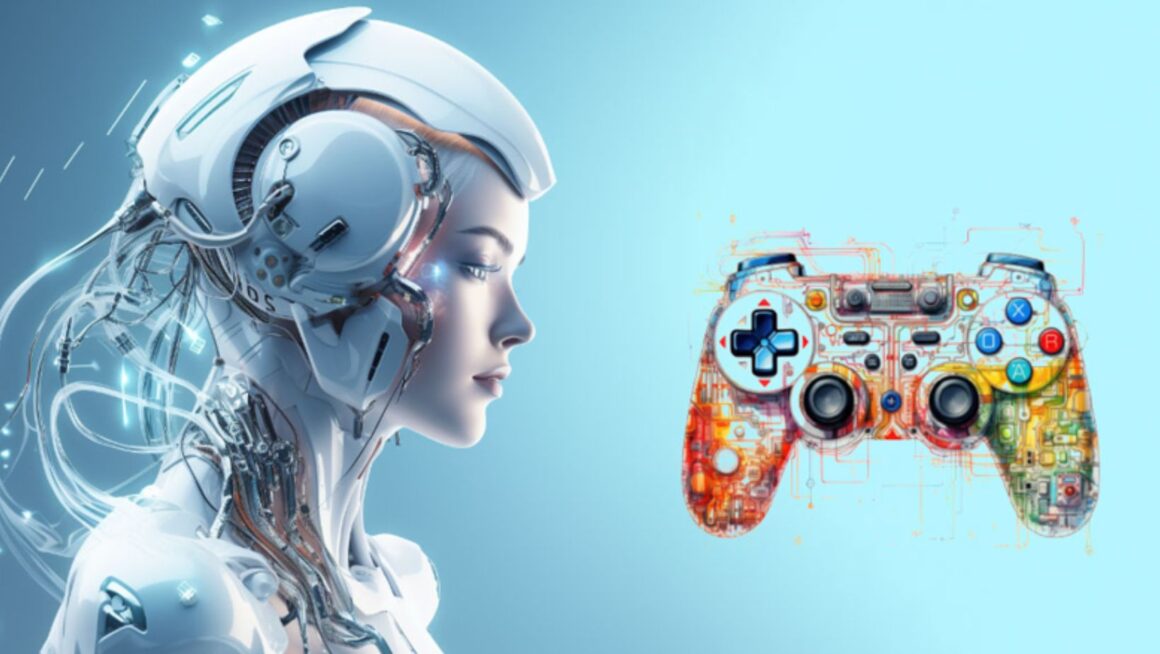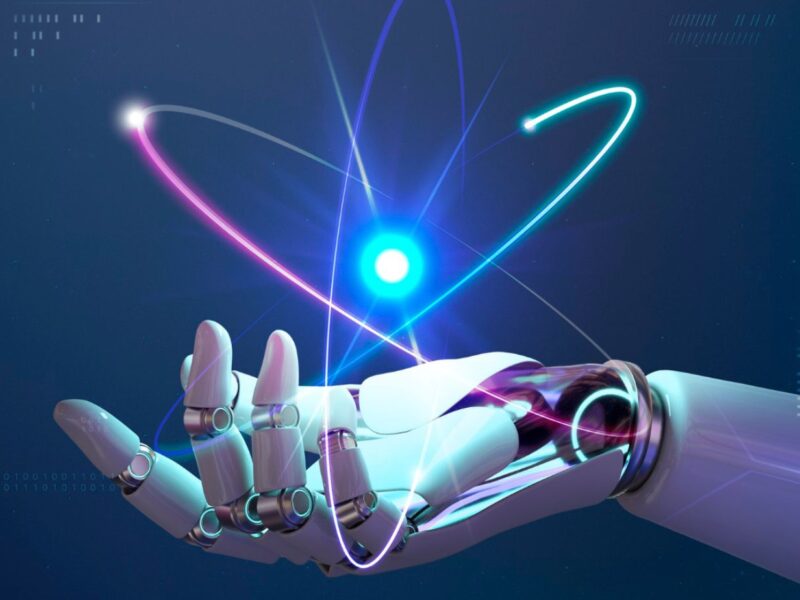Table of Contents
Artificial Intelligence (AI) is quickly becoming a game-changer in video games. By controlling how characters move and react, AI can make games feel more realistic and challenging. With AI, non-player characters (NPCs) can act smarter, like real people.
This means players can feel more immersed in the game, making their experiences more enjoyable and exciting. AI also helps adjust the level of difficulty in games, keeping them fun for both beginners and experienced players.
So, whether it’s making the game world seem more lifelike or fine-tuning the challenge, AI is playing a big role in shaping the future of gaming.
How AI Enhances Video Game Experiences
Artificial Intelligence is transforming how we experience video games, especially through improving NPC behavior. NPCs, or non-player characters, are the people or creatures you interact with in a game, but they are controlled by the game’s software. With AI, NPCs don’t just follow simple, predictable patterns. Instead, they can make decisions on the fly, reacting to what the player does. For example, in the game “The Last of Us Part II,” NPCs communicate with each other, make plans, and even change their tactics based on the player’s actions. This makes the game more intense and unpredictable.
Another great example is “Red Dead Redemption 2.” The characters in this game feel like real people because they have daily routines, show emotions, and respond differently depending on the situation. This level of detail makes players feel like they are in a living, breathing world, which boosts the game’s overall realism.

AI also plays a big role in creating dynamic environments and storylines, including the use of text to video AI free tools. In many games, the world changes based on the player’s actions.For instance, in “The Witcher 3: Wild Hunt,” the game’s story can change depending on your choice. Your decisions affect the game’s characters, quests, and even the ending. This makes each playthrough unique and engaging.
Adaptive AI and Player Performance
Many games now use adaptive AI to change their difficulty based on how the player is performing. This means that the game can get harder or easier depending on your skills. One example is the game “Resident Evil 4.” In this game, if you keep getting defeated, the enemies might become less aggressive, giving you a better chance to succeed. But if you find the game too easy, enemies can become more challenging. This keeps the game balanced and fun for everyone.
Another great example of adaptive AI is found in the “Left 4 Dead” series. These games feature a “Director AI” that monitors the player’s performance. If you’re doing well, the AI might throw more zombies your way or create difficult scenarios to keep you on your toes. But if you’re struggling, the AI might ease up, making it easier to continue playing. This ensures that the game is always exciting and never too frustrating.
Adaptive AI makes games more personalized. Since the game adjusts to your skill level, it can be more enjoyable for a wider range of players. Beginners won’t feel overwhelmed, and experienced players won’t get bored. In addition, adaptive AI can make games last longer since they stay challenging and interesting as you get better. This kind of technology helps create a unique experience for every player and makes video games more engaging and fun to play.
Challenges and Limitations of AI in Gaming
While AI has great benefits, there are also some challenges and limitations to using AI in video games. One of the main hurdles is the technical aspects of implementing advanced AI. Creating AI that can think and make decisions like a human requires a lot of computing power and sophisticated programming. Not every game studio has the resources to do this. Complex AI can also slow down the game, making it less enjoyable for players who prefer smooth performance.
There are also ethical considerations around how AI behaves in games. For instance, if an AI character can make very realistic decisions, should it be programmed to act in ways considered unethical or harmful? Game designers need to think carefully about how they want AI to interact with players and each other, ensuring that it adds to the game without causing any negative experiences.

AI could potentially diminish the fun of games, especially if it becomes too good at predicting or countering player actions. If the AI is too challenging, players might feel frustrated and give up on the game. On the other hand, if the AI is too easy to beat, it could become boring and lose its appeal. Striking a balance is essential for an enjoyable gaming experience.
AI needs to be designed to keep players engaged and excited. Overly predictable AI can make games feel repetitive and less fun over time. This is important not just in traditional video games but also in other gaming platforms like NFL Fantasy Contests. Here, AI can help create better predictions and strategies, but it should enhance the experience without taking away the thrill of human unpredictability.
The Takeaway
AI significantly impacts video games by enhancing realism and adjusting difficulty levels. AI makes NPCs act smarter and more like real people, leading to more immersive and enjoyable gaming experiences.
It also adapts games to the player’s skill level, ensuring that both beginners and experienced players can have fun. As AI technology continues to evolve, it will play an even bigger role in shaping the future of gaming.







